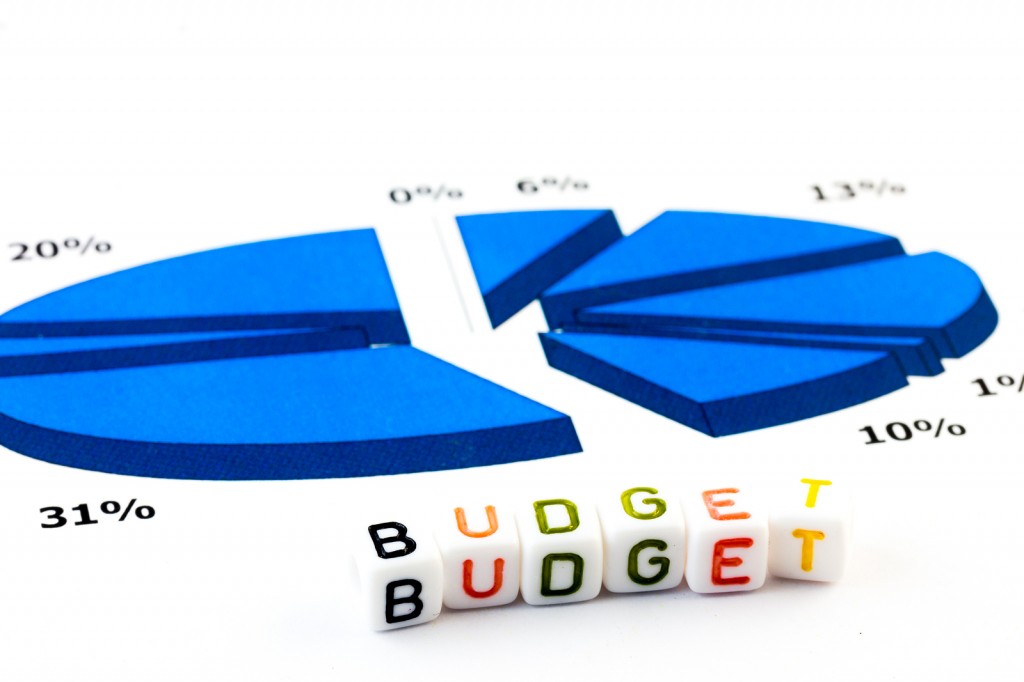
Having a budget can be an excellent move that will boost your overall financial well-being and make life a little more comfortable. Nothing in life comes easy, and budgeting your personal is no exception. It takes dedication, discipline, and a positive attitude. But anyone can do it!
Personal Budget Tips
1.) Pick a Strategy
When you are creating a budget, there are many different ways to do it. Some people prefer the transitional paper and pen route, but more technologically advanced budgeters use excel or mobile apps. Pick the best option for you, but understand that using a computer or app-based system will eliminate the mathematical grunt work. Once you find your preferred method, it’s time to start crunching the numbers!
2.) Be Strict
When you create a budget, you need to do everything in your power to stick to it, or it probably won’t work. There is always the chance of an unexpected financial responsibility, like an injury or other emergency, but that should be built in. You need to make sure you are saving money for these circumstances, but also allowing yourself a percentage of your take home pay for leisure and entertainment. It’s not about limiting your spend to a point where you are unhappy. It’s about accounting for all purchases, and switching up your lifestyle. You should always be aware of money coming in and money going out no matter what you are spending it on, and a budget can help make this happen.
3.) Eliminate Waste
A personal budget is a great time to analyze the things you are wasting money on. We make purchases every day and don’t blink an eye because they might only cost a few dollars. But it can add up over time. Things like eating out regularly, buying coffee multiple times per day, or even going out to bars / clubs can put a huge dent in your finances. Figure out what you actually need and add it into your budget. If “entertainment” or social activity is important to you, that’s okay. We’re not saying to eliminate all the fun from your life—rather, we’re saying you might be surprised at how much money you are actually spending. This especially holds true if you live in a major city or heavily populated area. Everything is that much more expensive, and it adds up quickly. It’s all about being aware and having a plan.
4.) Prioritize Spending
At the end of the day, the purpose of budgeting is to have more money at the end of each month. It makes you aware of what you are spending, and can allow you to allocate money to the places it is most important. A great example of this is paying down student debt. Many people fail to realize just how much interest they will end up paying over the life of the loan. Even an average loan of $20,000 – $30,000 at 5% can amount to tens of thousands. But if you have a budget in place, you can have a strategy to help pay this debt down faster. It might be designed to be paid over a ten year period, but you should strive to make it happen faster. And if you have multiple loans with varying interest rates, focus on paying the higher rates first. It might not be a lot of money, but they will naturally cost you more money over the life of the loan. If you eliminate them early it will save you money long-term. There are other forms of debt where this can apply.
Matthew Welch
Latest posts by Matthew Welch (see all)
- Great Jobs with No Degree - July 21, 2015
- Medical Coder Jobs - July 17, 2015
- High Paying Jobs that Didn’t Exist in the Past - July 16, 2015


Great post.
8c8f089f868302f4d4df52656c15a3f1